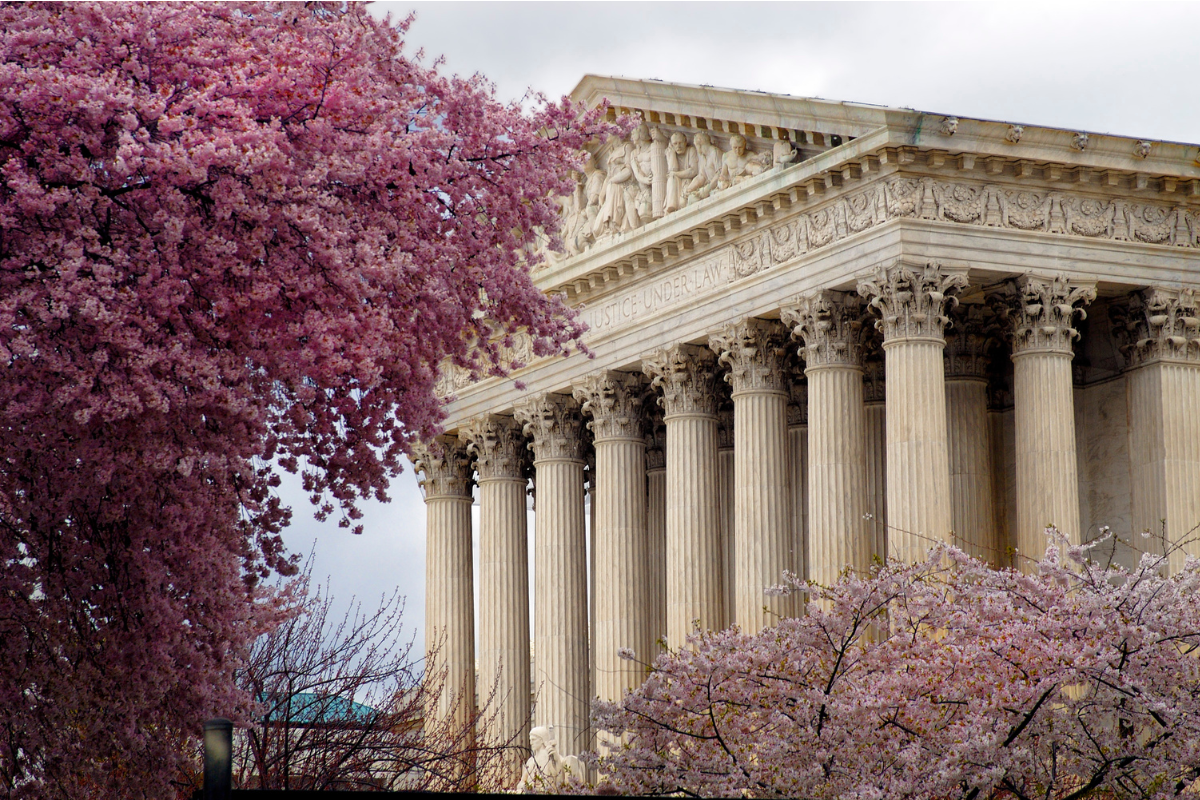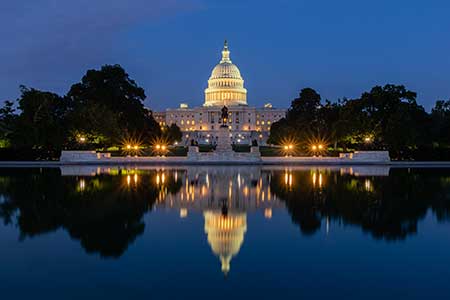Arbitration is Efficient! US Supreme Court Rejects Foreign Discovery Requests in International Arbitration


A CCA Blog: The Aardvark*
My friends on the US Supreme Court unanimously agreed this week that parties in foreign arbitrations cannot ask US courts for discovery. The Supreme Court’s opinion in ZF Automotive US, Inc., et al. v. Luxshare, Ltd., and AlixPartners, LLP, et al. v. Fund for Protection of Investors’ Rights in Foreign States (June 13, 2022) settled a dispute among the US Circuits over whether 28 USC 1782, a statute providing for foreign court assistance, applied in arbitration.
One of the benefits of arbitration is that it offers parties the opportunity for speedy and cost-effective dispute resolution. That may not happen where the parties have a faulty arbitration agreement or pick the wrong counsel or arbitrators – but the opportunity is there for parties to have decision-making that is much efficient than in courts. Discovery is limited unless the parties agree or the Arbitrator orders otherwise.
This is even more important in international arbitrations where parties from different jurisdictions may not expect and may not want depositions and other US style discovery mechanisms. Unless the parties agree otherwise, information exchange in international arbitration is usually limited to narrow document requests.
Section 1782 is a statute allowing “foreign tribunals” to request US courts assist with discovery. For years, US Circuit courts have disagreed on whether the statute applies to just foreign courts or extends as well to foreign arbitration tribunals. In AF Automotive, the US Supreme Court held that Section 1782 applies only to governmental authorized tribunals and not arbitration tribunals. The Court noted that this decision provides consistency with the FAA provision 9 USC 7 that permits arbitration panels not courts to provide for discovery in US arbitration.
The takeaway is that arbitration is intended to be efficient: discovery is allowed in arbitration when the parties agree or the Arbitrators allow it. But it is expected there won’t be broad US style discovery, particularly in international arbitration. In ZF Automotive, the US Supreme Court has confirmed that US courts will leave it to Arbitrators to decide what’s appropriate in arbitration.
*We are using the Aardvark moniker to denote our CCA Blog. The Aardvark will provide content from time to time about cases, developments and issues associated with the practice of Arbitration. We hope you will find the blog entries interesting and useful. We encourage you to watch for the Aardvark and its arbitration content that we hope you will enjoy.
